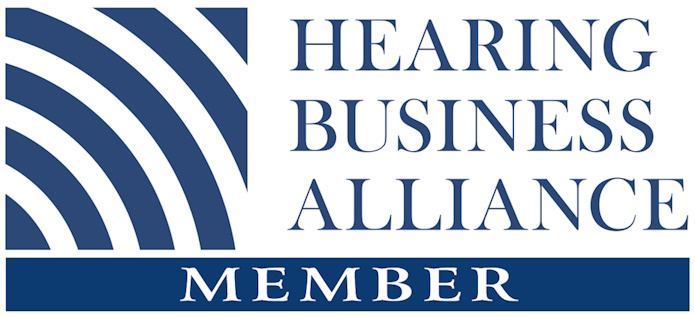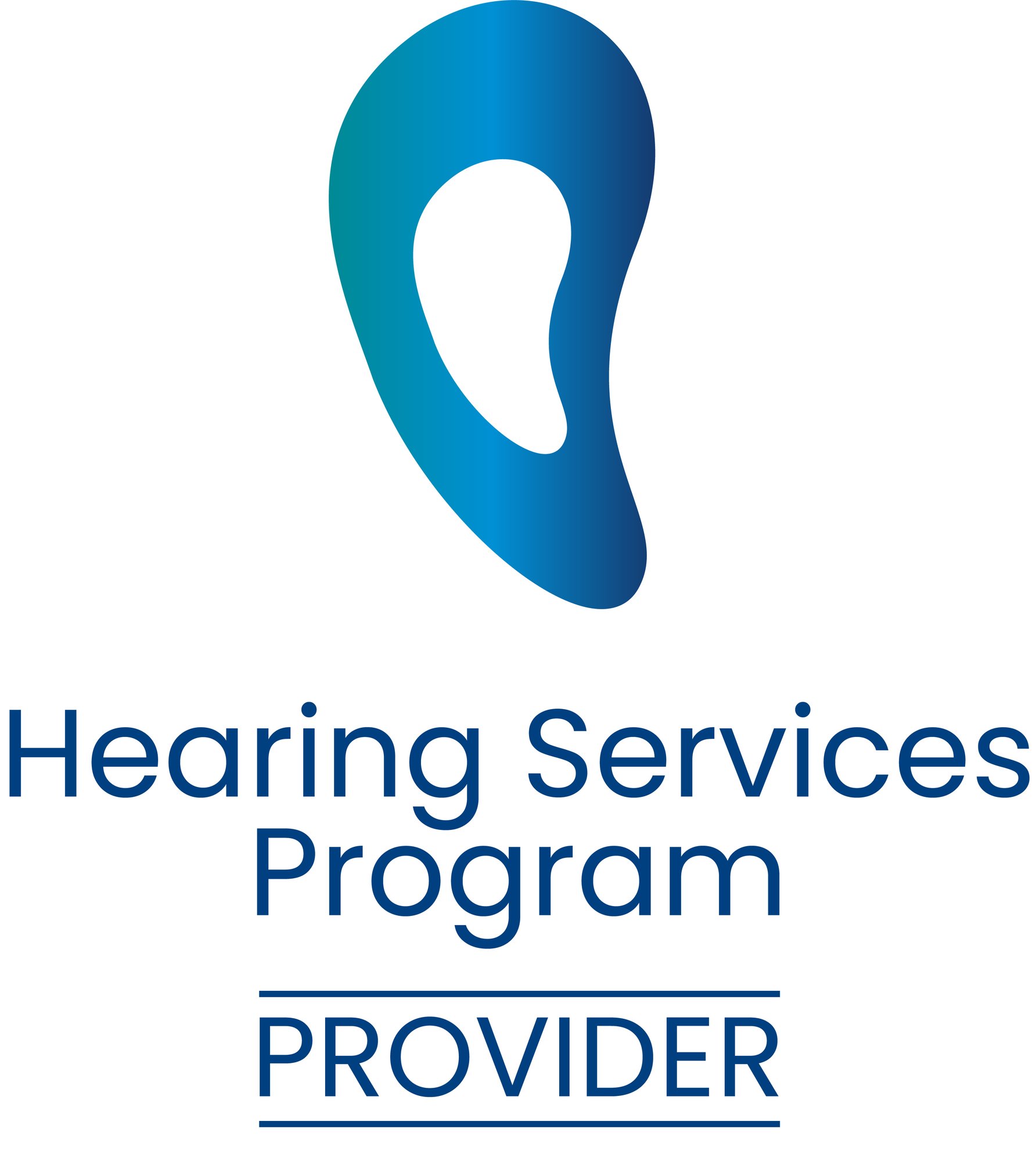Time to read: 10 minutes
The journey to wearing hearing aids is not an easy one.
First is recognising that you have a hearing loss. That can take years to acknowledge and to finally diagnose.
Then someone you’ve never met before tells you that you have something wrong with you, shows you a bit of plastic no bigger than a peanut and says it’s going to cost you thousands of dollars.
It’s no surprise that you might feel a little cautious about the experience.
- Who can you trust?
- How do you know you’re getting the right information about your hearing?
- How do you know that the hearing aids recommended are right for you?
- Are they really worth the expense?
They’re great questions and definitely ones you should be asking.
Trust is earned
 You should be made to feel welcome and respected from the very first interaction.
You should be made to feel welcome and respected from the very first interaction.
You should be encouraged to ask lots of questions. In fact, the clinic should have a lot of information freely available on its web site for you to read even, before you make an appointment.
Never feel pressured into making an appointment then there - there is nothing more disconcerting than being shanghaied in the middle of a shopping centre to have a hearing test you didn’t plan on taking.
It is important that you feel comfortable with the people you’re speaking to. They should be pleasant, professional and knowledgeable.
Read more:
- Why Choose Us
- Hearing Aids Are Just One Step in Your Journey to Better Hearing
- Ethical Hearing Aid Selection
- First person: what to expect from a hearing assessment
- What to expect from a comprehensive hearing assessment
Getting the right information
Be an informed consumer. There are many great hearing aids on the market. If you’re only being offered information on one type, ask why. Some clinics are owned by hearing aid manufacturers, so they will only offer their own make.
Independent audiologists sell all the major brands in Australia and will make a recommendation based on your specific hearing loss.
Just as you would research different makes and models of cars before purchasing, take the time to become familiar with the major names - Beltone, Bernafon, Oticon, Phonak, Signia, Unitron, Widex.
If you are on the aged pension, a Veteran or have a disability, you may be eligible to part, or total funding of your hearing aids. If you have private health insurance, check to see whether hearing aids are covered and what rebate you might be entitled to.
Read more:
- The Best free hearing aid for Australian Pensioners and veterans
- 3 Must Have Hearing Aid Features
- Choosing which hearing aids works for you
- 9 Myths about hearing aids that even some clinicians believe
- Two ears are better than one
Getting the right recommendation
 Your hearing is a sophisticated collaboration between your ears and your brain which is why we recommend a comprehensive 90 minute hearing test.
Your hearing is a sophisticated collaboration between your ears and your brain which is why we recommend a comprehensive 90 minute hearing test.
This test does more than just determine which sounds you can hear and which you cannot, it also calculates how well your brain is coping with processing and sorting out sounds in noisy situations.
This speech-in-noise test is so important because there are circumstances where your ears and brain have to work their hardest. The results give a more accurate view of your hearing loss which allows the clinician to recommend the aid that best addresses that gap.
While all hearing aids sold in Australia are very good, manufacturers do excel in specific areas which may provide you with additional hearing comfort and benefit.
Read more:
- What Is Real Ear Measurement (and why you should insist on it)
- Does your hearing pass the cocktail party test?
- Speech In Noise Star Rating
- Why Can't I Hear Speech in Noise?
- Speech in Noise
Value vs Cost
People who have not done their research can be shocked by the cost of hearing aids.
Those who have done their homework know that hearing aids are little technological marvels that do so much more than make sounds louder.
They are little wearable computers that are programmed to compensate for your very specific hearing loss. Hearing aids also come with auto sensing programs to help you maximise speech in very challenging environments. They also come with apps to tailor your hearing experience in the moment. Many allow you to stream TV, music and phone calls directly to your hearing aid. Others have remote assistance so you can get support from your clinician no matter where you are.
And hearing aids even do more than that. Hearing aid wearers are more engaged in the world around them. Scientific studies have shown that hearing aid wearers suffer less anxiety, depression than their peers who have untreated hearing loss.
Wearing hearing aids when you have diagnosed hearing loss also helps prevent dementia.
And they’re designed to be used all day, every day so when you consider how much use you get and how important it is to maintain your very best possible hearing, hearing aids are very cost effective. When you amortise the cost of daily use over four years, hearing aids cost about the same as a cup of coffee a day.
Read more:

